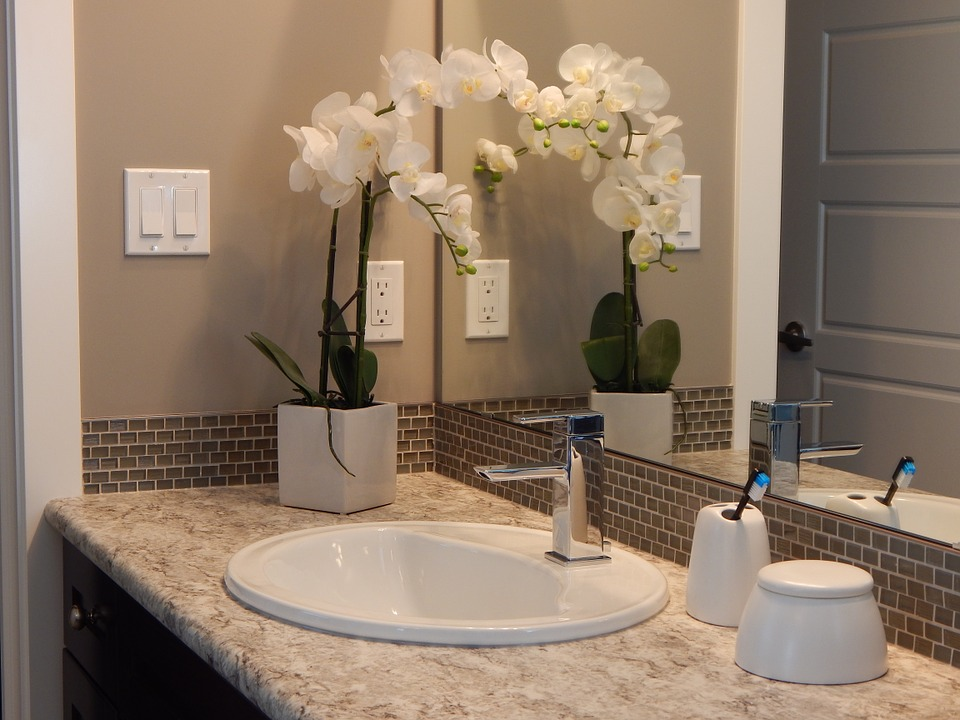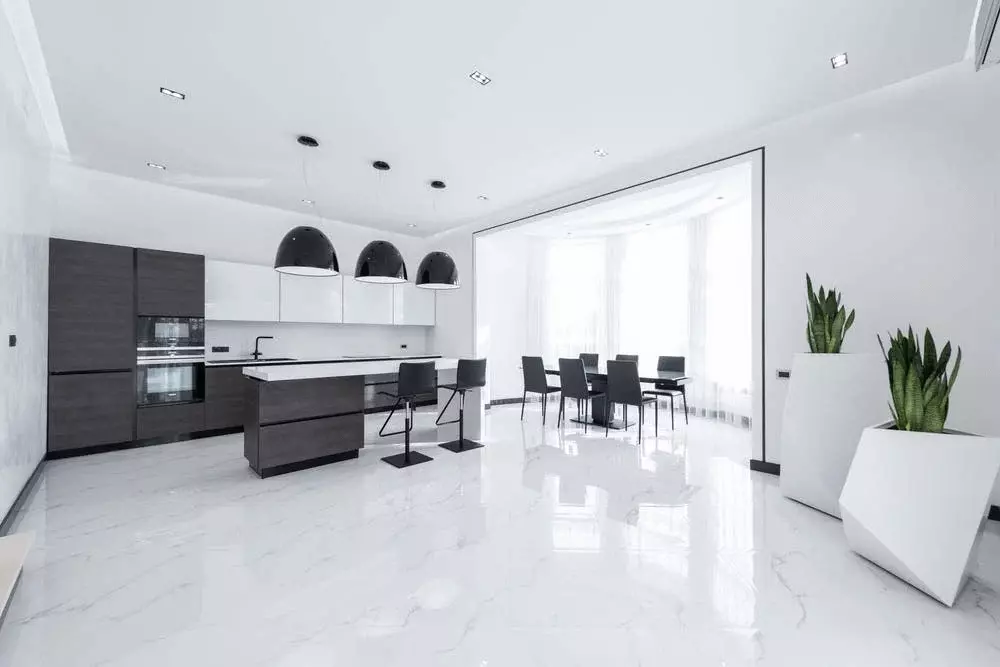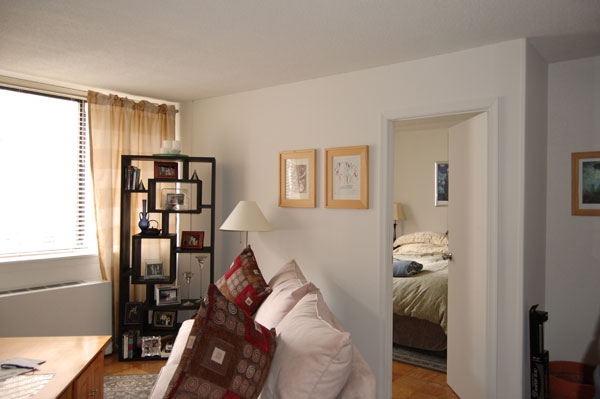What Influences Basement Development Costs?
Basements are a common addition to a home that can really increase its value. These subterranean spaces are the perfect place for a secondary suite or a laundry room. At least, that is what the basic basement will get you.
However, you can choose to develop your basement, thereby unlocking its potential. Indeed, basement development allows you to reimagine this underground area in whatever way you see fit. A man cave, teenager hangout space or book club circle are all possible in this large space.
Really, just think about it for a moment. We all have this space underneath our home. It is like a whole other floor that we just simply underutilize. There is so much potential locked in that space that keeping it undeveloped is almost a waste. But, then again, developing your basement is not a simple undertaking.

Indeed, to achieve the look and feel of your desired basement, it might end up costing a pretty penny. Generally, renovations are an expensive luxury. Most people must spend time planning, saving and revising their plans to make them feasible in any capacity. But, there are ways to keep your costs low and maybe even save some money along the way. Consider the following methods and factors influencing the price of your basement development.
The Company Performing the Basement Development
It might not seem like such a significant consideration, but choosing the right renovation contractor will make a huge difference in the long run. There is always some horror story that starts with, “I chose the cheapest option; I can’t believe how it turned out.” The reasons for this are obvious.
A cheap, fly-by-night contractor might be able to accomplish your renovation objectives, but they will have to do so with the most severe handicap. Any materials or supplies they purchase will come out of your pocket, including any tools they need to do the work. Plus, they aren’t accountable to any employees, shareholders or other stakeholders. This means that if they aren’t in any rush to complete the work, you will have a difficult time persuading them to finish.
But, what about the other side of the renovation contractor spectrum? A large, commercial operation with many employees and established assets? Surprisingly, they may also cause you problems. Of course, the company’s prices will likely be more expensive than a local operation, as you have to help foot the bill of their overhead. Additionally, they may take longer to actually start your project, depending on their seasonal workload and timeline.
So, what is the right option? Doing your research. Contact multiple companies, get multiple quotes and critically examine the representatives from each company. This will help you make an informed decision that doesn’t rely on non-specific advice. You have personal instincts and experiences that will help you make the right decision for your needs, not for somebody else’s desires.
The Materials in Use for the Basement Development
The actual meat and potatoes of your basement development is the materials you use for the project. This includes any consumables like lumber, wiring and plumbing, but it also includes all of the other equipment, furniture and electronics you are planning to add during the project.
Yes, part of your basement development or renovation project will be spent on changing things you already have, but what you plan to add is also worthy of your financial consideration. There are many major purchases that have quite a wide range of spending potential.
Take, for instance, a sofa. While these items are not strictly part of your renovation process, it is likely that one will need to be purchased after you are done with the project. Now, on the cheap end of the purchase spectrum, you might be able to find a free sofa from an online marketplace in your area. Of course, there is a significant chance there will be damage or other undesirable qualities with this option, so it might not be very desirable.
On the far end are designer stores with specialty sofas. There is rarely a budget that allows for overspending on couches, so this option is likely unacceptable for the opposite reasons of the free version. However, these two extremes illustrate what most purchases for renovations will be like—choosing the middle ground, rather than the cheapest or most expensive options.
That’s right; the theme of this advice is very similar. For your chosen renovation contractor, choosing the middle ground is the best option. When it comes to materials, don’t choose the cheapest or most expensive brand. Choose something in the middle that will provide value while still maintaining your budget.
However, though it is critical to make informed decisions that balance your possible options, don’t forget this critical lesson; it is your project and your choice. Unless the product is simply no longer available, you should choose based on what you want the most. This is your project, and you should be fully aware of the consequences for making whatever decisions you choose to make. This includes paying extra or missing a desirable feature.
The Timeline and Project Expectations of the Basement Development
Finally, your budget will also be influenced by your expectations for the project. If you are planning to complete your development quickly for some particular event, you will likely pay a premium to meet the right deadline. Similarly, if you have high expectations that require custom elements, you may pay extra as well.

Indeed, on the custom side, the cost increases should be fairly self-explanatory. A custom-carved handrail made from hardwood may look elaborate and elegant, but it will likely feel the same on the invoice. Therefore, custom objects are best limited to showpieces or already existing items that require some modifications.
A very similar problem awaits for tight timelines. Most renovation contractors have to balance their workload to meet customer expectations, but it isn’t easy. Overlapping schedules and changing demands complicate the process, and unfortunately, it often devolves into a conversation about who is paying the most for their services.

I am Scott Miller and my love is writing about home improvement. I write mostly about home ideas, but also share some tips and tricks that can make your life easier when it comes to getting things done in the house.












